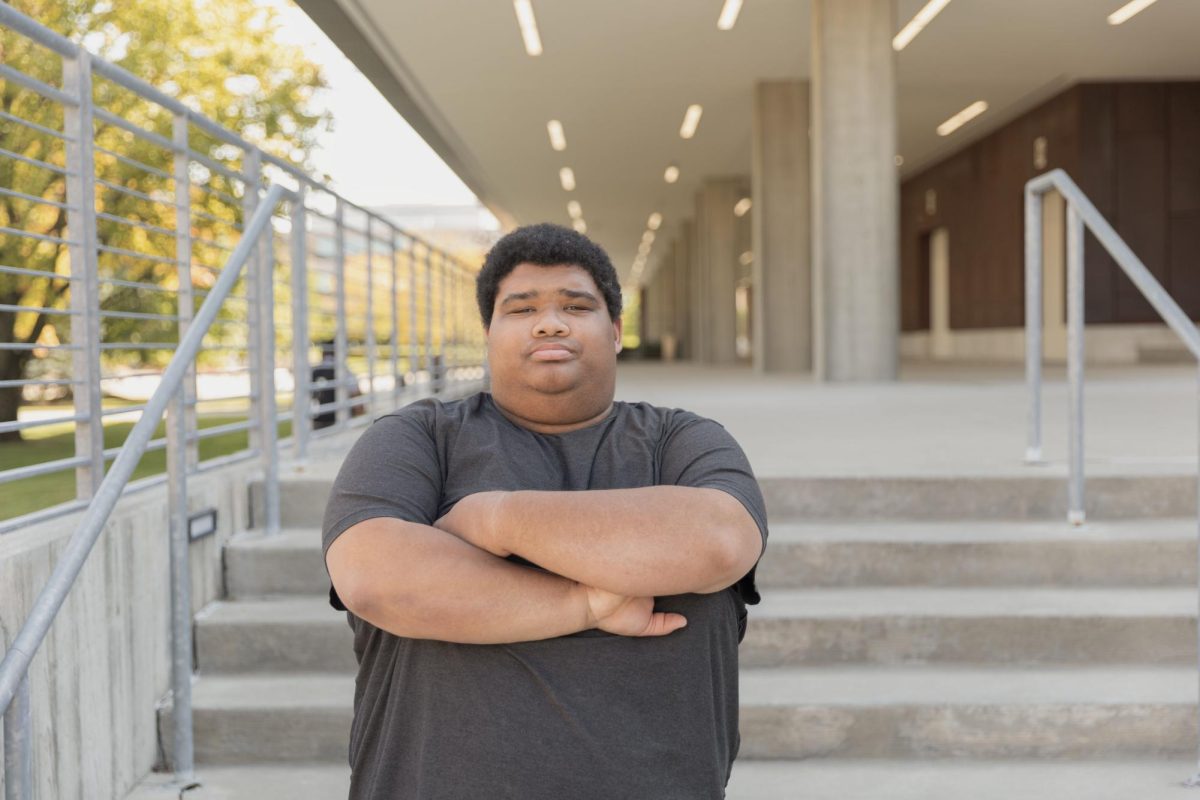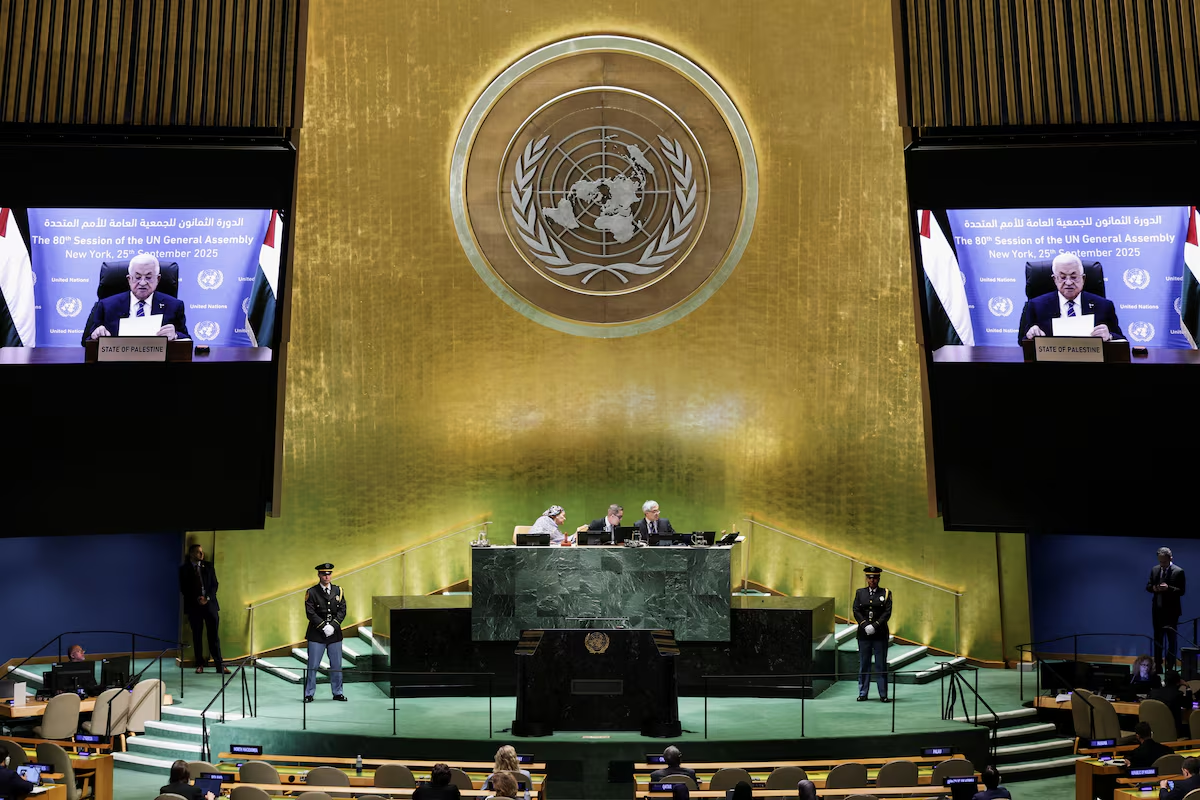Later this month, on September 18, Oakland’s Center for Civic Engagement will host the inaugural event of its new Dennis Muchmore Public Policy Series. The event, “Breaking the Barrier: The Importance of Civility and Improving Political Discourse” will feature former Michigan governors James Blanchard and Rick Snyder in conversation.
We, the Campus Alliance for Sustainability and the Environment (CASE-OU) Steering Committee heartily support dialogue as a gateway to understanding and human enrichment. However, we do not believe that the colloquy slated for the 18th is poised to fulfill these purposes.
It is not lost on members of CASE nor on the stakeholders of the campus community and people throughout our state that former Governor Snyder adopted policies and engaged in conduct as a state official greatly at odds with the mission of the CCE. The Snyder administration overruled the voters of the state and imposed Emergency Managers on financially distressed cities and school districts, disproportionately depriving majority-minority cities of their right to representative governance, while silencing the electorate on the matter by making the new law referendum-proof.
As a result of this undemocratic system, a Snyder-appointed Emergency Manager for Flint made the decision to alter the source of the city’s drinking water, a decision that resulted in lead contamination and the poisoning of Flint citizens, many of them children who continue to struggle with physical and mental health complications to this day. The Snyder administration initially ignored and belittled appeals of the disempowered residents of Flint to address their concerns over polluted water. By the time redress was belatedly supplied, state officials and the governor’s office had made a mockery of free speech and responsive governance. Indeed, in a 2017 report, the Michigan Civil Rights Commission (MCRC) termed the treatment of the citizens of Flint part of a legacy of “systemic racism.”
Some members of CASE were actively involved in trying to secure clean drinking water for residents in Flint and drinking water at all for residents of Detroit–even to the point of very civilly and politely blocking shutoff trucks and then going to trial to give residents a voice. Those efforts were met with disdain, refusal, and finally serious damage done to tens of thousands of citizens. For those citizens, the trauma and damage of Snyder’s policies is on-going to this very day. His appearance—unchallenged—will surely be seen by members of those communities as a racist kick in the gut.
Recently, we expressed our concerns over Snyder’s appearance to University and Center for Civic Engagement leadership. Our call was neither for a cancellation of the event nor for the dis- inviting of Snyder. We asked instead that other speakers who have experienced the effects of Snyder’s policies and been part of the effort to halt those policies be included in the conversation. However, it appears the event will proceed as originally planned, without those important voices.
It is our position that what happened in Flint (and Detroit and Benton Harbor) is of such a magnitude that those events cannot be allowed to be a mere footnote to an otherwise friendly chat between two former governors, notwithstanding the fact that they represent opposing political parties. After all, differences in the party affiliation of two former governors pale in comparison to the differences between those with access to the levers of power and those struggling to have their voices heard in matters of public policy. Therefore, for Oakland University to preside over such a conversation as a neutral convener—and for former Governor Blanchard to participate in it—is to treat real-world harms to vulnerable communities as, at best, merely a matter of polite disagreement, or at worst, to tacitly approve the Snyder administration’s devastating legacy.
For all of these reasons, we protest in no uncertain terms giving a legitimating platform to former Governor Snyder. And we exhort everyone in the OU community to join us in working against any attempt to evade or whitewash the damage inflicted by the Snyder administration’s policies. That damage cannot be erased from the lives of the resident-victims of those policies, with whom we stand. And neither should Governor Snyder be allowed to walk away from the truth of his legacy.
The CASE-OU Steering Committee














